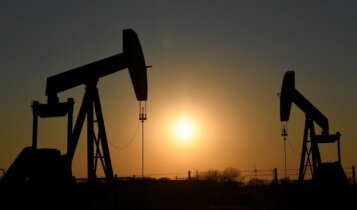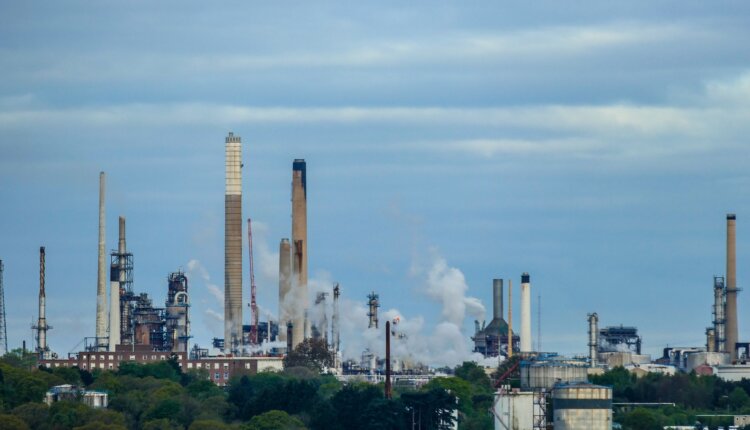Despite the ongoing war in Ukraine, the oil and gas producer Wintershall Dea does not want to withdraw from its holdings in Russia.
“Our opinion of the Russian business has not changed,” said CEO Mario Mehren (51) on Tuesday when the half-year figures were presented. Wintershall Dea will continue its joint ventures in Russia with the Russian gas group Gazprom.
The Executive Board is obliged to protect Wintershall Dea’s assets in the country and the employees there, emphasized Mehren. “Just leaving Russia would mean giving the Russian government a great gift and I see no reason for it.”
The Kassel-based company, in which the chemical group BASF currently holds 72.7 percent and the Letter One investor group of the Russian billionaire Michael Fridman (58) holding a stake of 27.3 percent decided in March not to push any more new oil and gas production projects in Russia and stop payments in the country.
Russia remains important for Wintershall Dea
Wintershall Dea achieved around 51 percent of its total production there in the first half of the year and is involved in three production projects at the Yuzhno Russkoye natural gas field and the Achimov formation of the Urengoy field in Siberia. The company is also a 15.5 percent co-owner of Nord Stream AG, which owns the Nord Stream 1 Baltic Sea gas pipeline.
The Gazprom group, which holds a majority of 51 percent in the pipeline project, announced on Monday that it would halve the gas supply volume – just a few days after the Resumption of gas supplies through the Baltic Sea pipeline.
Mehren said he is not speculating on the reasons for the reduction in shipment volumes. “I have no insight, even as a shareholder of Nord Stream AG, what the real reasons for this reduction are.” Wintershall Dea does not plan to sell any stake in the pipeline project, even though Gazprom has destroyed confidence in Russia as a reliable supplier to Europe.
If Europe wants to reduce its dependency on imports, production within the EU is a must, said Mehren. “We need more domestic funding again.” Wintershall Dea is therefore examining all options to increase production from its German fields as quickly as possible.
The company is currently producing from 16 oil and around 40 gas fields in Germany and has concentrated its activities on the three most important natural gas and oil production sites in northern Germany.

In the second quarter, Wintershall Dea increased its production overall by 2 percent to 623,000 barrels of oil equivalent (BOE) per day. The three Russian self-financed joint ventures Achimgaz, Severneftegazprom and Achim Development produced without interruption at the planned level. The company increased its full year target for production to 620,000 to 640,000 from 610,000 to 630,000 BOE per day.
May 2022 German oil and gas company Wintershall Dea has reached an agreement with Norway’s OKEA to sell its North Sea oil company for 108 million euros ($114 million) as part of a strategy to focus on natural gas production in Norway. stakes in three oil fields.
The deal includes its 35.2 percent stake in Brage and 6.46 percent in Ivar Aasen, as well as a 6 percent stake in the Nova development, Wintershall Dea reported on May.
Additionally, payments related to meeting certain conditions are part of the transaction. The highlight of the deal is that Wintershall Dea is divesting its ownership of the Brage field and transferring the operating rights to mid- to late-stage specialist operator OKEA.
Wintershall Dea said: “In the next chapter of Wintershall Dea Norway’s story, the company will strengthen its position as one of the largest subsea operators.”
Dawn Summers, COO of Wintershall Dea, said: Aasen’s interest, we will further strengthen our gas production focus in Norway, In Norway, we already have a strong position, and our major projects Dvalin and Njord, which are scheduled to start production by the end of 2022, will further increase gas production to ensure energy in Europe supply.”

